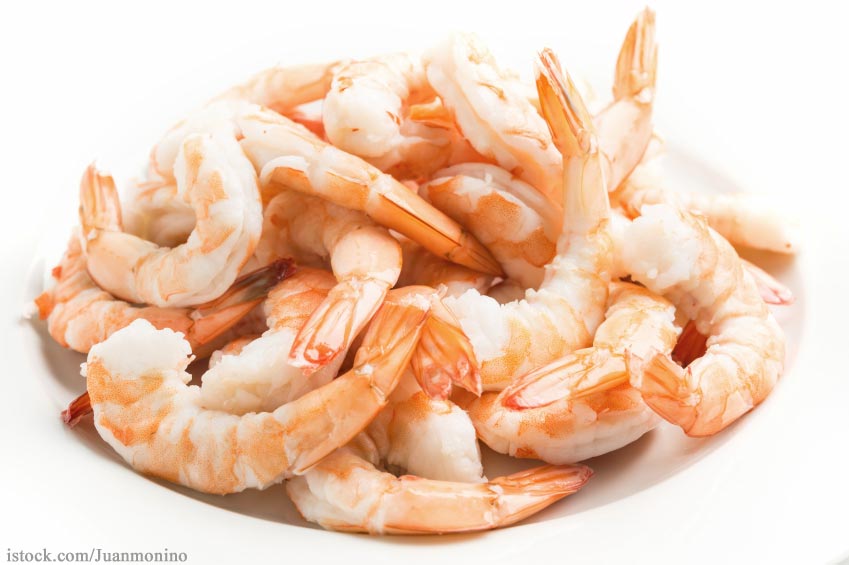A study conducted by Oceana has revealed misrepresentation of America’s favorite seafood – shrimp – across the country. DNA testing has confirmed that 30% of shrimp products purchased from 111 grocery stores and restaurants were misrepresented.
 Misrepresentation means that the shrimp were mislabeled, with one species substituted for another; misleading, with farmed species labeled as “Gulf shrimp”, for instance; or mixed/mystery, with species commingled among bagged shrimp. The misrepresentation was found everywhere in the country. The highest rates of misrepresentation were in New York at 43%, 33% in Washington, D.C., and 30% in the Gulf of Mexico region.
Misrepresentation means that the shrimp were mislabeled, with one species substituted for another; misleading, with farmed species labeled as “Gulf shrimp”, for instance; or mixed/mystery, with species commingled among bagged shrimp. The misrepresentation was found everywhere in the country. The highest rates of misrepresentation were in New York at 43%, 33% in Washington, D.C., and 30% in the Gulf of Mexico region.
This problem makes it difficult for consumers to make informed choices about the shrimp they purchase in stores and in restaurants. The problem can be serious, since some of the shrimp found on store shelves was not intended for use as food. Banded coral “shrimp” is an aquarium pet. It was found with other unidentified shrimp in a bag of frozen salad-sized shrimp purchased in a Gulf state.
Beth Lowell, senior campaign director at Oceana said in a statement, “despite its popularity, U.S. consumers are routinely given little to no information about the shrimp they purchase. While shrimp is the most commonly consumed seafood in the U.S., and the most highly traded seafood in the world, its high demand has led to conservation concerns as well as a bait and switch on consumers.”
The study found that the most common species substitution for shrimp was farmed whiteleg shrimp sold as “wild” shrimp and “Gulf” shrimp. Forty percent of the 20 shrimp species or categories collected and identified were not previously sold in the U.S. Most of the 600 restaurant menus surveyed did not provide the diner with any information on the type of shrimp they were ordering and eating.
Lowell added, “until traceability is the status quo, consumers should ask more questions about the seafood they purchase, including what kind it is, if it is wild or farm-raised, and where and how it was caught. And whenever possible, consumers should also support traceable seafood, which will tell the story of the product while helping to ensure that it is honestly labeled.”




